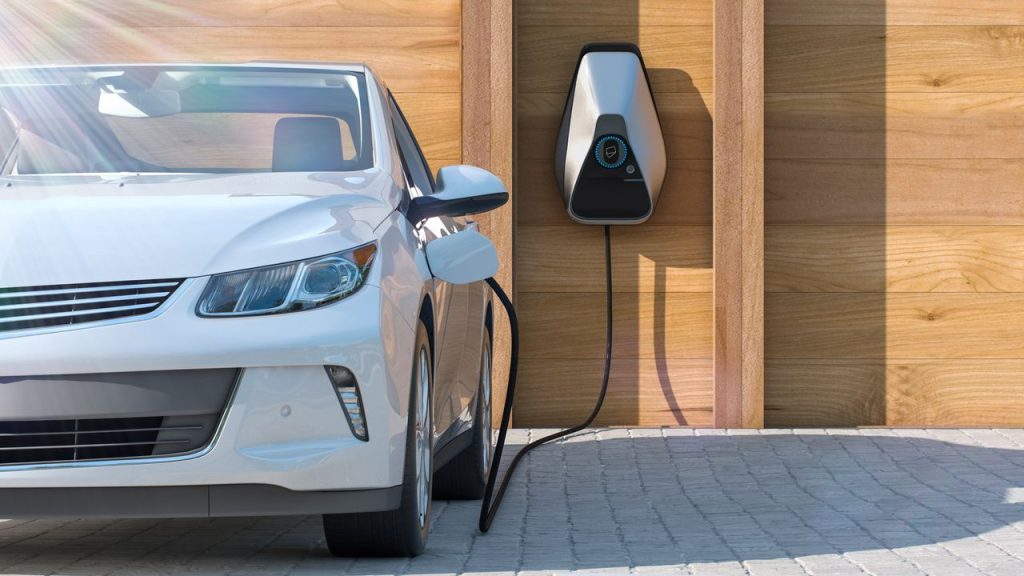Advantages of Electric Cars over Internal Combustion Engine Vehicles
Electric cars have gained significant popularity in recent years due to their numerous advantages over traditional internal combustion engine (ICE) vehicles. In this article, we will explore the key benefits of electric cars, including reduced pollution, cost-effectiveness, and fuel efficiency.
Reduced Pollution
One of the most significant advantages of electric cars is their contribution to reducing pollution. Unlike ICE vehicles that emit harmful gases such as carbon dioxide, nitrogen oxides, and particulate matter, electric cars produce zero tailpipe emissions. By transitioning to electric vehicles, we can significantly improve air quality and combat climate change.
Cost-effectiveness
Electric cars offer long-term cost savings compared to traditional vehicles. Although the initial purchase price of an electric car may be higher, the overall cost of ownership tends to be lower. Electric cars have fewer moving parts and require less maintenance, resulting in reduced servicing and repair costs. Moreover, the cost of electricity for charging an electric car is typically lower than the cost of gasoline or diesel fuel, leading to significant savings in fuel expenses over time.
Fuel Efficiency
Electric cars are highly fuel-efficient, converting a higher percentage of energy from the grid to power the vehicle compared to ICE vehicles. While internal combustion engines waste a significant amount of energy through heat dissipation, electric cars utilize energy more efficiently, resulting in better mileage per unit of energy consumed. This fuel efficiency not only reduces dependence on fossil fuels but also helps drivers save money on fuel costs.
Environmental Benefits
In addition to reduced pollution, electric cars offer several other environmental benefits. The production of electricity used to charge electric vehicles can be sourced from renewable energy, such as solar or wind power, further reducing greenhouse gas emissions. Additionally, the batteries used in electric cars can be recycled, minimizing environmental impact and promoting a more sustainable transportation system.
Government Incentives
To encourage the adoption of electric cars, many governments around the world offer various incentives. These incentives may include tax credits, rebates, or grants for purchasing electric vehicles. Additionally, some regions provide free or discounted charging infrastructure, reducing the cost and increasing the convenience of owning an electric car. Taking advantage of these incentives can make electric cars even more cost-effective for consumers.
Conclusion
Electric cars have clear advantages over internal combustion engine vehicles in terms of reduced pollution, cost-effectiveness, and fuel efficiency. By embracing electric vehicles, we can contribute to a cleaner environment, save money in the long run, and reduce our dependence on fossil fuels. With the continuous advancements in technology, electric cars are becoming an increasingly viable and sustainable option for transportation.


